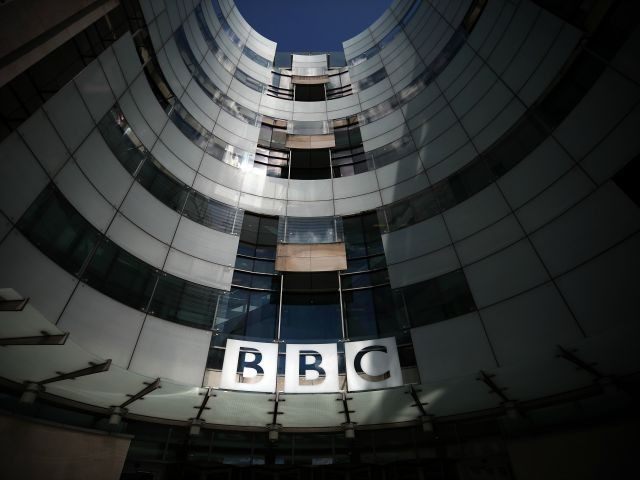People who support rolling back the state and leaving the EU have been labelled “authoritarian populists” by a group of left wing researchers, cheered on by the British Broadcasting Corporation (BBC) who warned readers of its website that half of the adult population of Britain shares those views.
A study by academics at the universities of Essex and Exeter claims to be the first to delve into the mind-set of people it has labelled “authoritarian populists,” but who might be more accurately labelled simply as small-c conservatives or libertarians. They have found that 52 per cent of the population fall into this category. They don’t discuss any others.
Finding that that they are united by a desire to cut taxes and reduce the state, a belief that Britain should play a leading role on the global stage, cynicism towards large-scale immigration and the European Union, and distrust of human rights legislation, the researchers warn: “We may not like Authoritarian Populists but they are here, now, in large numbers – far more numerous than the four million voters who supported UKIP in 2015.”
They appear to be basing the label “authoritarian” on the fact that those within the group tend to favour a strong military presence on the world stage, citing Thatcher’s strong, defensive stance during the Argentine invasion of Britain’s Falkland Islands as an example of foreign policy favoured by “authoritarian populists.” They admit that the group tends to be economically liberal.
In attempting to define the typical “authoritarian populist”, the paper has identified some key demographics more likely to be of that persuasion.
“Our results showed that AP attitudes are significantly more prevalent among those who read right-wing newspapers and who hold traditional social values with regard to patriotism, gender roles, and the need for children to respect authority.
“There is also a clear demographic to Authoritarian Populist sentiment: it is lower among graduates, the middle class and trade unionists; it is higher among the old.”
“Authoritarian populists” are also overwhelmingly likely to vote Conservative (55 per cent at the last general election) or UKIP (22 percent), but a further 13 per cent voted Labour, while the remaining 10 per cent were scattered across the remaining parties.
One of the researchers, Thomas Scotto of the University of Essex, told the BBC: “People like us academics and the London elite just shrug off concerns about immigration, they shrug off concerns about the decline of Britain as a military power.
“This is where I think some of animosity is coming from and the electorate is saying we count too.”
The findings appear to have troubled the BBC – examining the paper, the BBC’s political correspondent Ross Hawkins mused: “Some look anxiously across the Atlantic at Donald Trump’s progress and wonder if a similar movement could happen here.”
But they may come as less of a surprise to anyone familiar with British electoral history, and in particular the three General Election victories by the Conservatives under the leadership of Margaret Thatcher, when the party won, on average, 43 per cent of the vote.
The researchers acknowledge this, explicitly tying their definition of “authoritarian populists” to Thatcherism.
“Authoritarian Populist was a label often hung on the Thatcher governments of the 1980s,” they note. “Although the UK political landscape has changed enormously since 1990, the popular sentiments that underpinned Margaret Thatcher’s repeated electoral successes remain remarkably strong among British voters today.”
By contrast, the modernised Conservative Party under David Cameron won 36.1 per cent of the vote in 2010 and 36.8 per cent in 2015, prompting Hawkins to predict: “Those on the Tory right will also seize on the work to argue the “modernisation” of the Conservative party under David Cameron has gone far enough.”

COMMENTS
Please let us know if you're having issues with commenting.